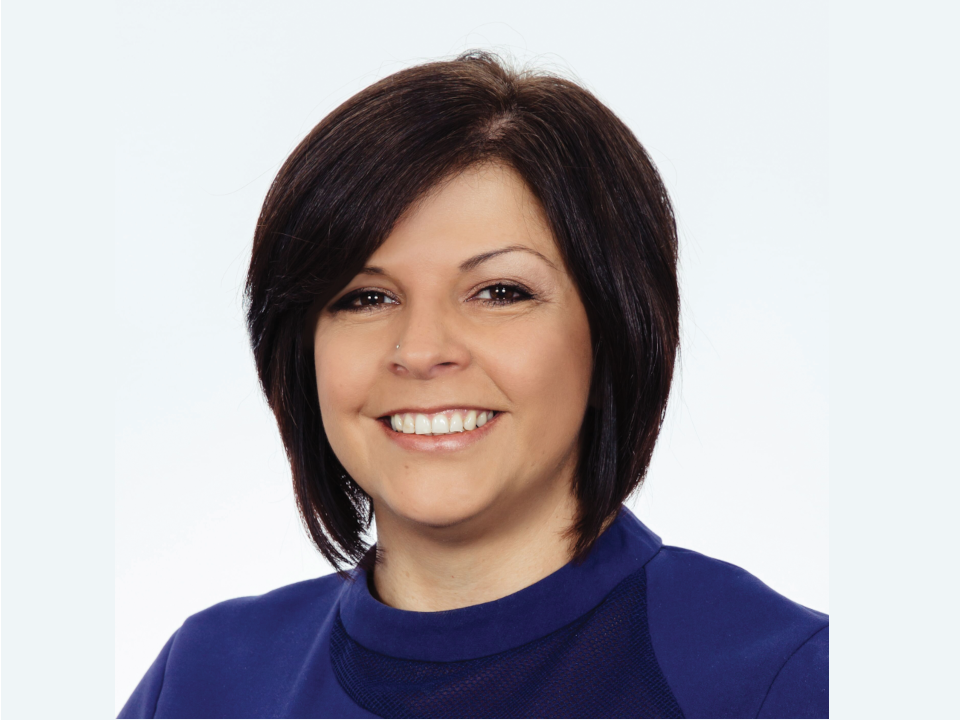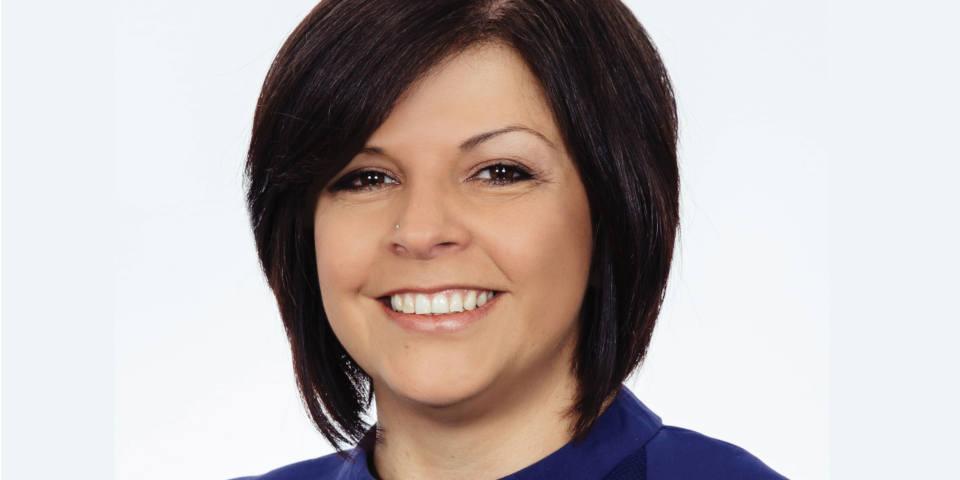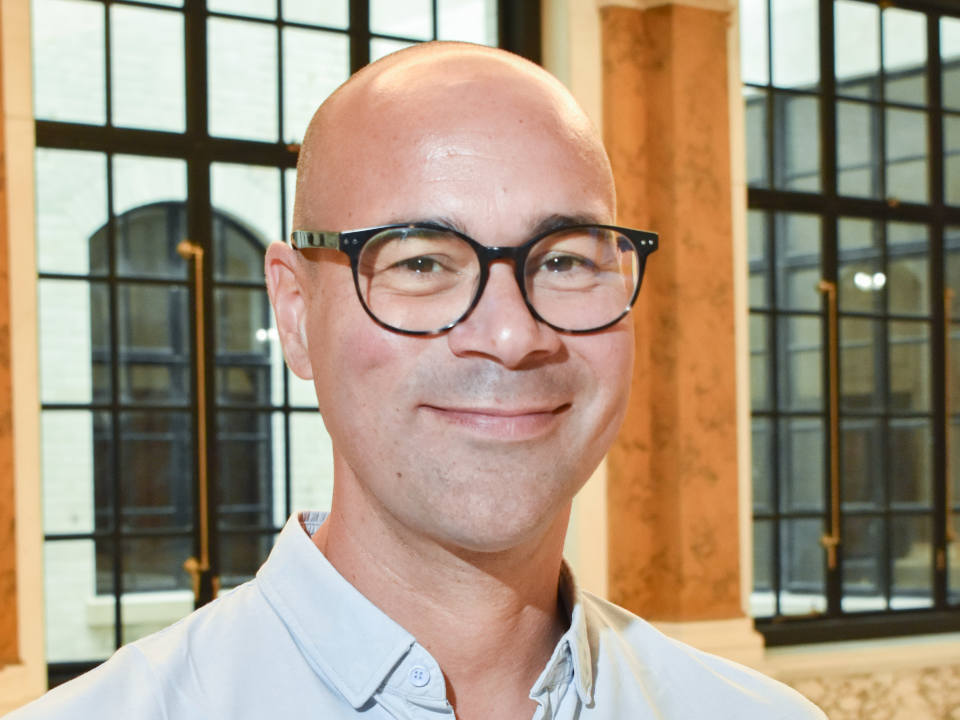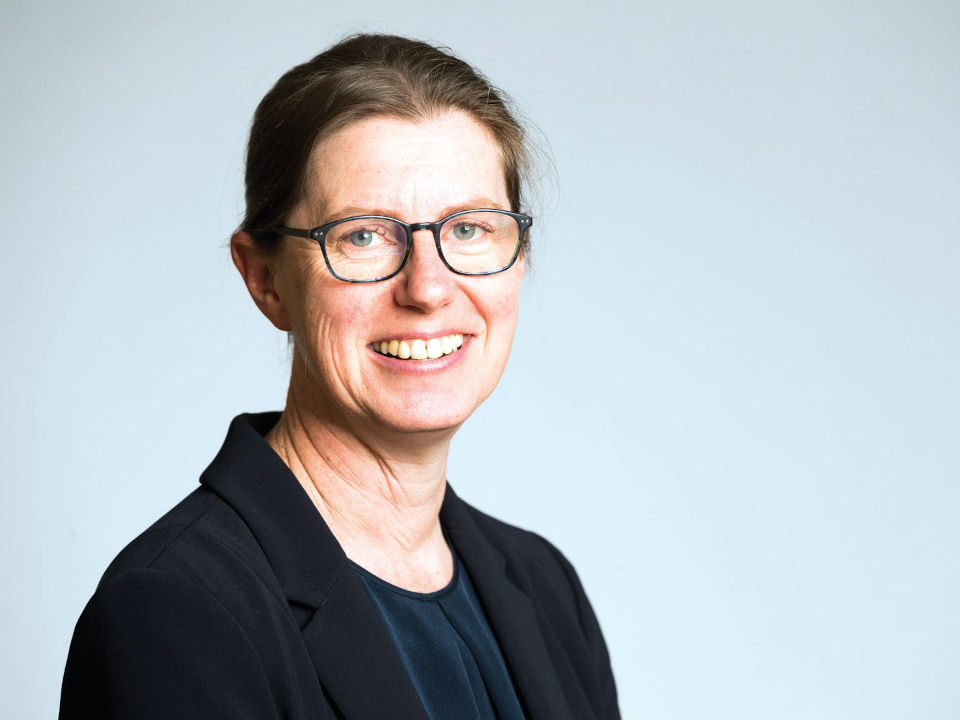
Riana Nelson
Chair of the ADCS Yorkshire & Humber region
Executive Director of Children , Young People and Families, City of Doncaster Council
As a new school year dawns, I find myself reflecting on the promise of new beginnings for so many children and young people. In a world that often feels more divided than ever, our collective responsibility as adults and professionals to help our children navigate and make sense of it feels weightier, and more vital, than ever before.
For me, the key to this is acceptance – a positive, respectful, and equitable embrace of diversity. Genuine belonging is grounded in every child feeling safe, valued and seen for who they are. But how do we create spaces where children from every background – regardless of ethnicity, religion, language, or family structure – truly feel they belong? I believe it is based on three cornerstones: Education, Safety, and Empowerment.
While families lay the foundations, our colleagues in education play a pivotal role in nurturing acceptance. Through thoughtfully designed lessons, cultural celebrations, themed workshops and storytelling, educators offer children first-hand encounters with the world’s richness. When children learn about other traditions and ways of life, they move beyond stereotypes and build empathy and respect for different perspectives.
Crucially, we must address issues such as bullying, prejudice, and exclusion head-on. By equipping young people to resolve conflict and build positive relationships, we foster an environment of kindness, active listening, and mutual understanding.
As a social worker, I am anchored in our profession’s core values: respect for each person’s worth and dignity, unwavering commitment to social justice, and the upholding of human rights. These ideals inform every action, guiding us to advocate for those whose voices are too often unheard. We stand resolutely against discrimination and exclusion, striving instead to create a culture where diversity is celebrated, and every child’s unique strength and aspirations are recognised.
Empowerment and partnership are essential. Lasting transformation happens when children, families, and communities are partners in shaping their destinies. By nurturing trust and encouraging participation, we honour lived experience and support resilience and self-determination.
True acceptance means every child feels safe, heard and empowered. How can we provide opportunities for children, including those we serve, to share their opinions and participate in decisions that directly affect them? This means involving them in choices about their services, their education, their community, or wider issues like climate change. When children see that their voices are valued, they are more likely to appreciate and respect the voices of others.
As champions for children, young people and families, we owe it to them, and to ourselves, to model acceptance. Ongoing training in cultural competence, anti-discriminatory practice, and trauma-informed care ensures that each interaction is rooted in respect and creates safe environments for openness and vulnerability. Leaders must equip and support staff to have courageous conversations and to advocate fearlessly for inclusion and equity.
So, here’s my call-to-action: step forward and use your allyship to foster open, honest conversations about differences and similarities at every level. Whether at home, in work, in meetings, with partners or throughout our communities, let’s ensure these conversations are sensitive to every child’s experience and journey.
By prioritising safety, education, and empowerment, we can nurture a generation of resilient, open-minded young people; individuals ready not only to thrive in our diverse world, but also to make it more compassionate for all.





